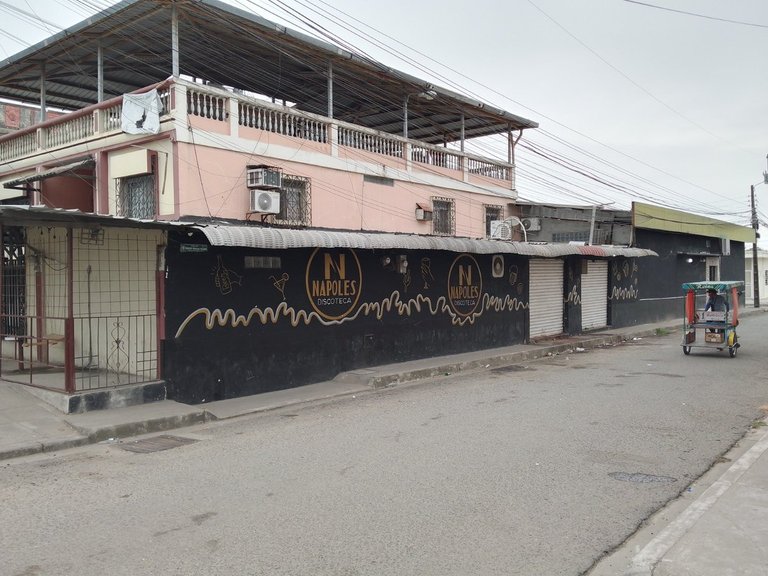The Latin American Report # 567

Ecuador
The situation there continues to resonate strongly in the media these days, amid worsening insecurity issues and the implementation of austerity measures. Regarding the first issue, which remains particularly intense in coastal areas, a new armed attack against vessels at sea was reported last Saturday—a pattern of violence that hadn't been as visible until relatively recently. The incident, which claimed the lives of four fishermen, occurred on Friday in El Oro province. According to this EFE agency wire report, armed individuals traveling in speedboats intercepted the fishing vessels and began firing indiscriminately.
Six fishermen were reported injured, and more fatalities cannot be ruled out since one of the boats was set on fire by the assailants. This entire situation appears to be part of a war between Los Lobos and a splinter group known as Los Lobos Saobox, who are fighting over fishing routes. In this context, extortion has gained increasing prominence as an organized crime activity in the South American nation. On Saturday morning, it was also reported that the police headquarters in Machala, the capital of El Oro, was attacked by two men on a motorcycle.
Meanwhile, in Guayas...
Early yesterday (Sunday), eight people were killed in an armed attack outside a nightclub located in a rural municipality of this province—another coastal area more battered than any other. Among those killed was the brother of the town's mayor, who, indeed, owned the establishment. This suggests the attack was targeted, intended to send a specific message, rather than a random event. Authorities were nonetheless considering all possible motives for this latest massacre. The videos shared here are shocking.
 The place of the massacre (source).
The place of the massacre (source).Guayaquil
In another harrowing incident not (necessarily) related to organized crime, Ecuador's Attorney General's Office has opened an ex officio investigation into the apparently simultaneous deaths of twelve newborns at the University Hospital of Guayaquil, the country's most populous city and capital of Guayas. All indications suggest the infants died from a healthcare-associated infection, in part compounded by a lack of medical supplies. The Ministry of Health stated in a communiqué that the tragic event was due to "multifactorial causes" stemming from a "complicated clinical state" and the fact that the newborns were "premature or very premature". It has been confirmed that two died after contracting the highly antibiotic-resistant bacterium Klebsiella pneumoniae, a carbapenemase producer.
Regional news briefs
Javier Milei shared a doctored video previously promoted on X by none other than Pink House spokesman Manuel Adorni. The video shows Buenos Aires province governor Axel Kicillof allegedly saying that Peronism has no government plan beyond opposing the policies of the current head of Balcarce 50 per se. I think that Milei's carelessness in this matter embodies a great irresponsibility that society should punish more severely, were it not for the fact that we are in a total crisis regarding debate culture and fact-checking capacity.
In Colombia, the murder of another social leader has been reported, marking the 96th such case this year. The Institute of Studies for Development and Peace (Indepaz) announced this and added that the incident occurred in the turbulent Valle del Cauca department. Brayan Saa was found dead in a hard-to-reach spot on the road from Pata to Buenaventura—so inaccessible that his body remained uncollected for many hours after discovery. Saa "was a recognized social and community leader, noted for his work at the Municipal Technical Agricultural Assistance Unit and his membership in the community council of El Danubio, a village in the municipality of Dagua, Valle del Cauca," stated the NGO.
More drug seizure news. In Mexico, authorities dismantled a clandestine lab with two and a half tons of methamphetamines in Chiapas, secured a warehouse with over four tons of chemical precursors in the coastal state of Guerrero, and intercepted a trailer truck attempting to cross into California from Tijuana with nearly three tons of drugs. Furthermore, in Colombia, the Defense Minister reported in the last hours that over 600 tons of cocaine have been seized so far in 2025, suggesting an increase of more than 15% compared to interceptions in 2024.
